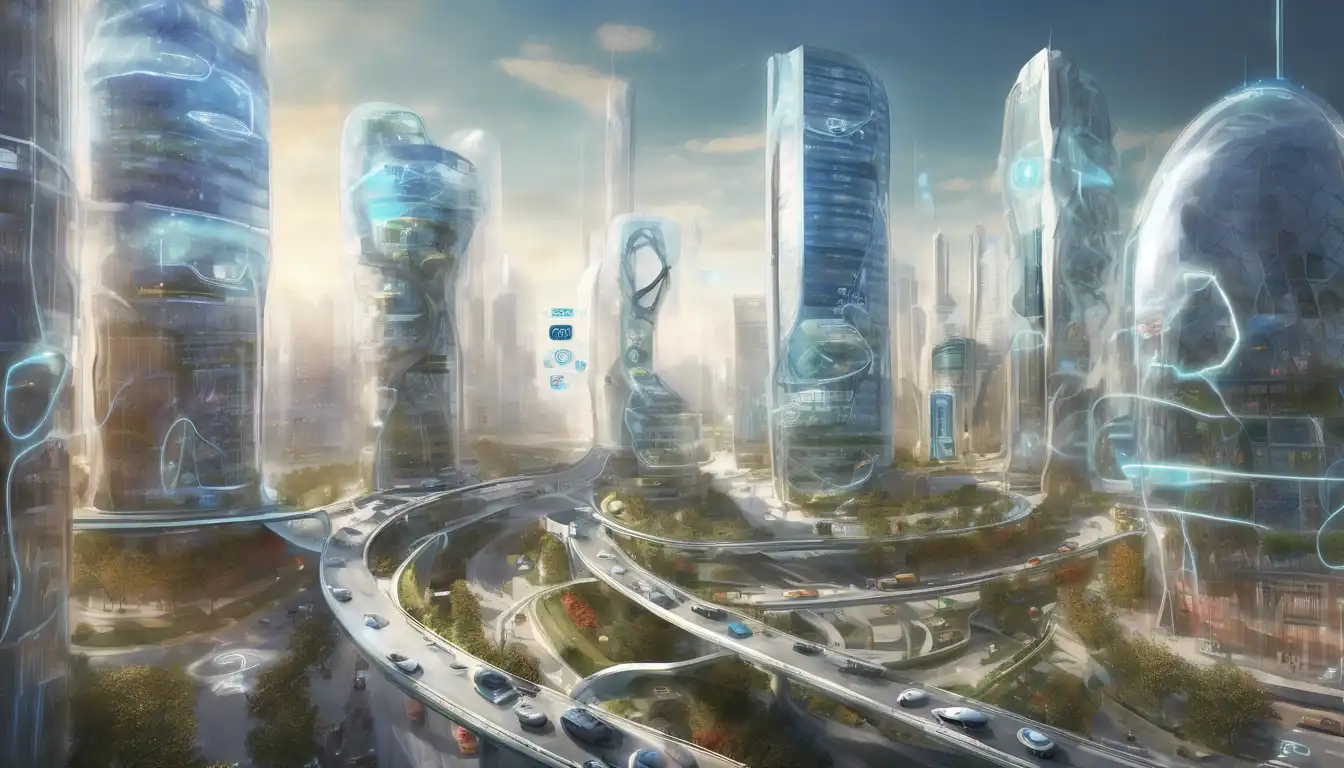The Role of IoT in Shaping Smart Cities
The Internet of Things (IoT) is revolutionizing the way we live, work, and interact with our urban environments. By connecting devices, sensors, and systems across cities, IoT is laying the foundation for smarter, more efficient urban spaces. This article delves into the transformative potential of IoT in the development of smart cities, highlighting key benefits, challenges, and future prospects.
Key Benefits of IoT in Smart Cities
IoT technology offers numerous advantages for smart cities, including:
- Enhanced Efficiency: IoT enables real-time monitoring and management of city infrastructure, reducing waste and improving service delivery.
- Improved Public Safety: Through smart surveillance and emergency response systems, IoT can help cities become safer for residents and visitors alike.
- Environmental Sustainability: IoT applications in smart cities can monitor air quality, manage waste, and optimize energy use, contributing to greener urban environments.
- Better Transportation: Smart traffic management and parking solutions powered by IoT can reduce congestion and improve mobility.
Challenges to IoT Adoption in Smart Cities
Despite its potential, the integration of IoT into urban infrastructures faces several hurdles:
- Privacy and Security Concerns: The vast amount of data collected by IoT devices raises questions about data protection and cybersecurity.
- High Implementation Costs: The initial investment required for IoT infrastructure can be prohibitive for some cities.
- Interoperability Issues: Ensuring that diverse IoT systems and devices can communicate effectively remains a challenge.
Future Prospects of IoT in Smart Cities
Looking ahead, IoT is set to play an even more pivotal role in the evolution of smart cities. Innovations such as 5G networks and AI-driven analytics will enhance the capabilities of IoT, enabling more sophisticated applications and services. As cities continue to grow, the integration of IoT technologies will be crucial in addressing urban challenges and improving quality of life for citizens.
For more insights into how technology is transforming urban spaces, explore our articles on urban development and innovation.
Conclusion
The future of IoT in smart cities is bright, with the potential to revolutionize urban living. By addressing current challenges and leveraging emerging technologies, cities can harness the power of IoT to create more sustainable, efficient, and livable environments. The journey towards fully realized smart cities is complex, but with continued innovation and collaboration, the possibilities are endless.
